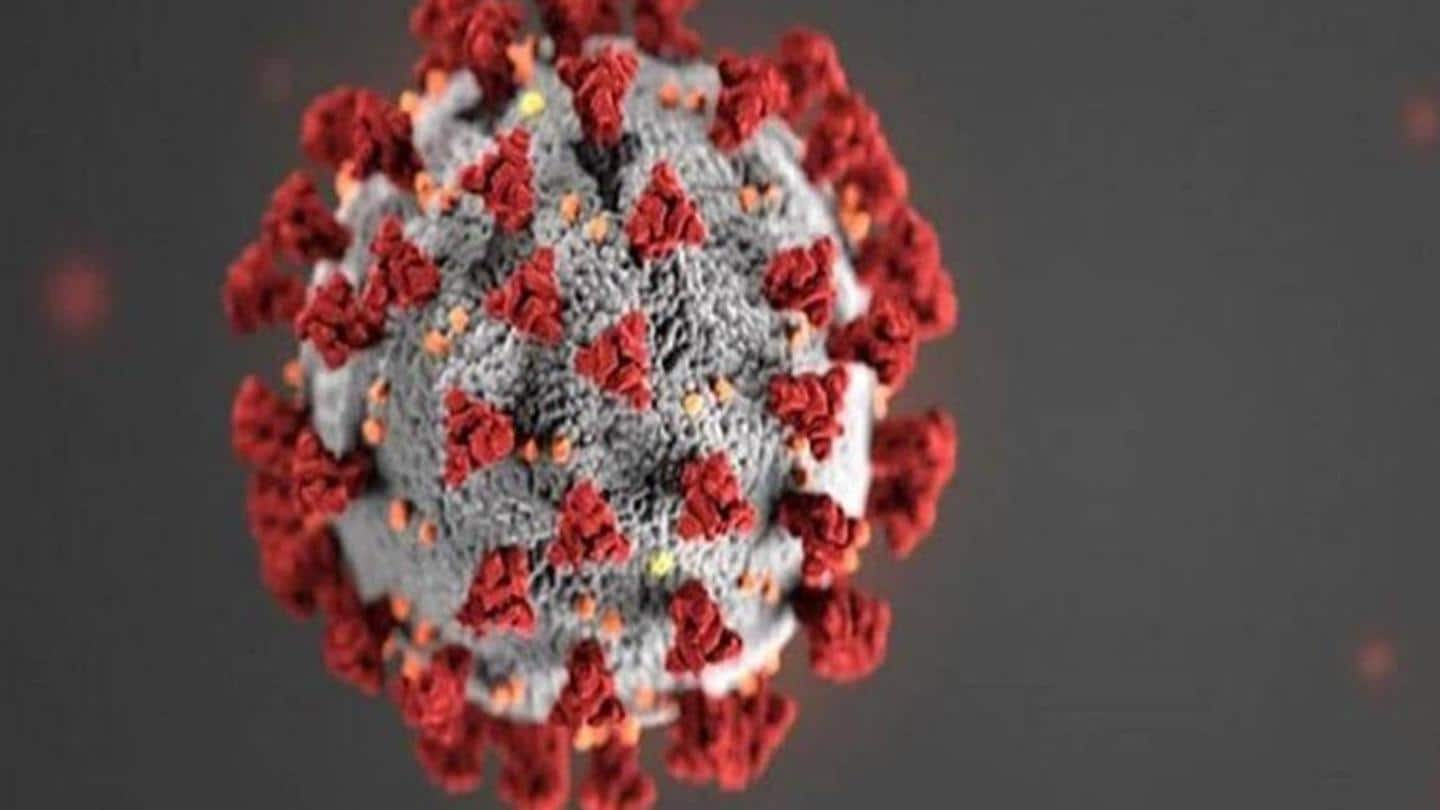
Protective immunity against coronavirus may last for over eight months
What's the story
COVID-19 survivors may have protective immunity against the fatal disease caused by the SARS-CoV-2 virus for months or even years after the infection, a study published in the journal Science suggests. The findings, based on the analysis of blood samples from 188 COVID-19 patients, suggest that nearly all survivors of the disease have the immune cells necessary to fight re-infection.
Details
'Our data suggest that the immune response is there'
"Our data suggest that the immune response is there -- and it stays," Professor Alessandro Sette from La Jolla Institute for Immunology in the US said. The study helps clarify some concerning data, which showed a dramatic drop-off of COVID-19 fighting antibodies in the months following infection. Some feared that this decline meant that the body wouldn't be equipped to defend itself against re-infection.
Details
What does the decline in the immune response mean?
Sette explained that a decline in antibodies is rather normal. "Of course, the immune response decreases over time to a certain extent, but that's normal," he noted. "That's what immune responses do. They have a first phase of ramping up, and after that fantastic expansion, eventually, the immune response contracts somewhat and gets to a steady state," Sette added.
Details
What else does the research say?
The researchers measured antibodies, memory B cells, helper T cells, and killer T cells, all four components of immune memory, and found that virus-specific antibodies persist in the bloodstream months after infection. They said the body also has immune cells (memory B cells) readily available, adding that if a person encounters SARS-CoV-2 again, these cells could reactivate and produce antibodies to fight re-infection.
Details
Memory B cells increased six months after infection
The SARS-CoV-2 virus uses its "spike" protein to initiate infection of human cells. The researchers looked for memory B cells specific for the SARS-CoV-2 spike and found that those cells increased in the blood six months after infection. "COVID-19 survivors also had an army of T cells ready to fight re-infection," the researchers further added.
Quote
COVID-19-fighting antibodies post eight months of infection were found
"The different parts of the adaptive immune systems work together, so seeing COVID-19-fighting antibodies, memory B cells, memory CD4+ T cells and memory CD8+ T cells in the blood more than eight months following infection is a good sign," said LJI Professor Shane Crotty.
Details
Protective immunity varies from people to people
However, the researchers cautioned that protective immunity does vary dramatically from person to person. They saw a 100-fold range in the magnitude of immune memory. "People with a weak immune memory may be vulnerable to a case of recurrent COVID-19 in the future, or they may be more likely to infect others," the researchers said.